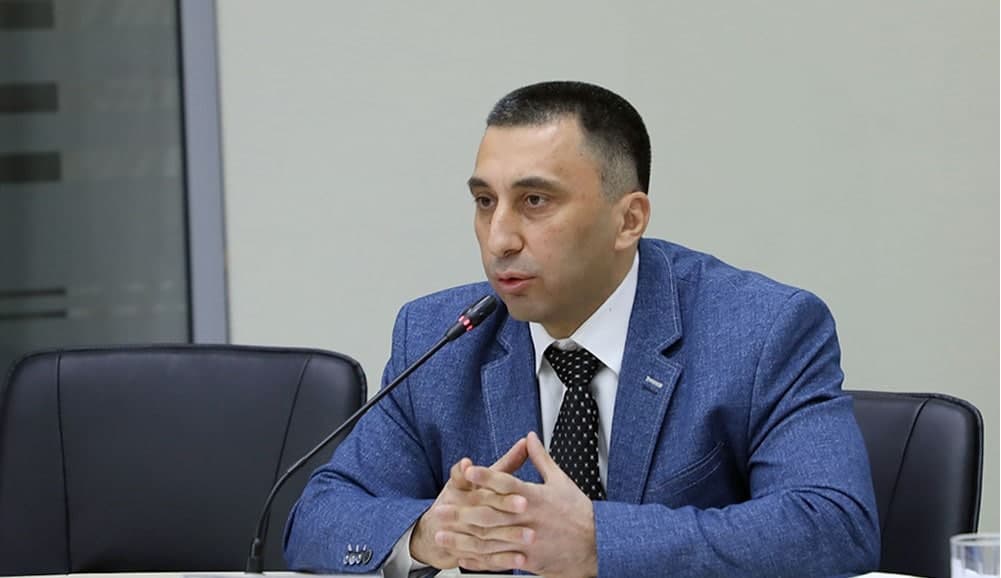
Leading Researcher at the Laboratory of Anthropology and Conflictology
Rustam Makhmudov (Uzbekistan), Leading Researcher at the Laboratory of Anthropology and Conflictology of the Institute for Advanced International Studies (IPMI), Associate Professor at the University of World Economy and Diplomacy (UWED). In this capacity, Rustam Makhmudov is responsible for preparing analytical materials, articles and scientific research on various aspects of socio-political anthropology, ethnology and conflictology related to the situation in Central Asia and Afghanistan. Rustam Makhmudov also lectures on "Digital Aspects of World Politics" and "Strategic Culture" at the UWED. Prior to joining IPMI, Rustam Mahmudov worked in various positions at the Tashkent State University of Oriental Studies, the Institute for Strategic and Regional Studies under the President of the Republic of Uzbekistan, the Ministry of Foreign Affairs of the Republic of Uzbekistan, and the Center for Political Studies. He is the author of over 200 articles on regional and global politics and security, economics, energy and technological geopolitics.